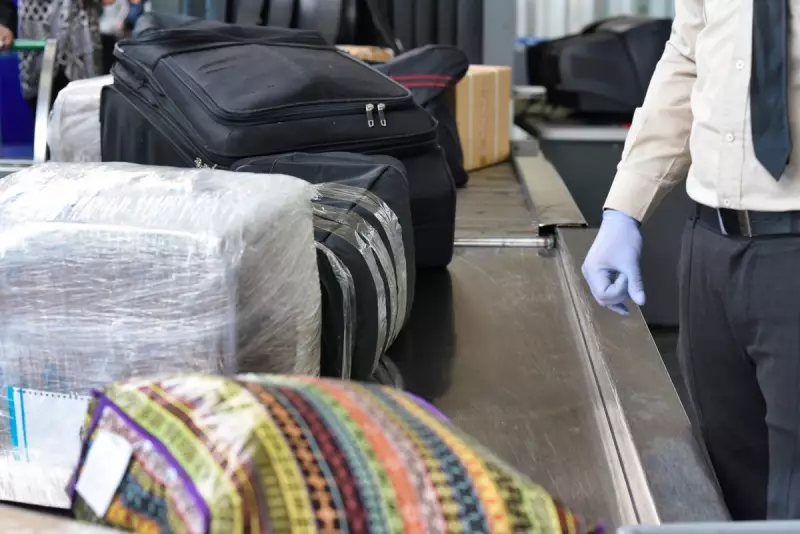
Travelling with medication can be a daunting experience, especially when navigating different countries' laws and airport security regulations. Whether you're carrying prescription drugs or over-the-counter remedies, knowing the rules can save you from unnecessary stress—or even legal trouble.
Understanding the Rules
Each country has its own regulations regarding the importation of medication. While some nations have strict controls, others are more lenient. It's crucial to research your destination's laws well in advance to avoid complications.
Prescription Medications
If you're travelling with prescription drugs, always carry them in their original packaging with a copy of the prescription. A letter from your doctor explaining the necessity of the medication can also be helpful, particularly for controlled substances.
Over-the-Counter Medications
Common medicines like painkillers or antihistamines may be restricted in certain countries. For example, codeine is banned in several nations without a prescription. Always check the active ingredients to ensure compliance.
Airport Security and Medication
Security checks are a standard part of air travel, and medications are no exception. Keep your medicines in your hand luggage to avoid losing them if your checked baggage goes missing. Liquid medications exceeding 100ml are usually permitted but may require additional screening.
Tips for Smooth Travel
- Check the embassy website of your destination for specific medication laws.
- Carry a doctor's note for prescription and controlled drugs.
- Keep medications in their original packaging.
- Pack a small supply in your hand luggage in case of delays.
By following these guidelines, you can ensure a hassle-free journey with your essential medications.





